Nappy recycling firm Knowaste has said it is looking to build its second UK facility in Dagenham, East London.
Knowaste told letsrecycle.com yesterday (September 26) that it has identified the London Sustainable Industries Park as an ideal location for its next plant. The Canadian firm has previously announced plans to expand its services across the UK by developing facilities in Scotland, London, Wales and the West, but this is the first time a specific location has been named.
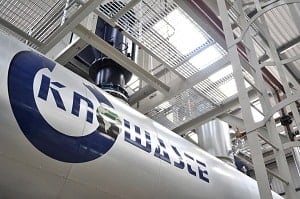
The firm already operates a facility in West Bromwich which has the capacity to handle 36,000 tonnes-a-year of absorbent hygiene products (AHPs) which include adult incontinence items, disposable nappies and feminine hygiene items (see letsrecycle.com story). Knowaste uses an autoclave process to treat the waste.
Dagenham
Dave Jelley, general manager at Knowaste, said planning permission for the Dagenham facility could be submitted as early as spring 2013 and that he was fairly confident it would be granted.
He said: The feelers have gone out and the indication is that there would be no problem. With Dagenham, the site has already got waste activities on it. It is not a foregone conclusion that we will get planning permission, but it is as close as we are going to get at the moment.
The Dagenham site is also set to host an anaerobic digestion plant by the TEG Group, and a large scale gasification facility.
Mr Jelley said that Knowaste planned to build its second and third plants simultaneously, with the third planned for an as yet undecided location in Scotland. However Knowaste said it must gain planning permission, and secure contracts for the input and output before it will receive funding from its shareholders.
The proposed facilities are expected to be of the same capacity as the West Bromwich plant – 36,000 tonnes per annum – but are likely to have one large autoclave rather than two smaller ones.
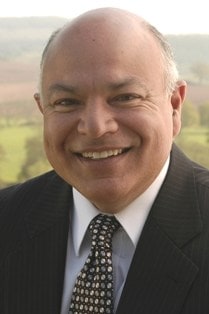
“We think the pilots are going to be successful. The evidence from the mid-term report card is pretty positive. The participation rates are a lot higher than was anticipated.” – Roy Brown
Mr Jelley added that the other facilities will not be built until the West Bromwich facility is fully up and running and operating at full capacity. Commenting on the autoclave technology, he said: They are very susceptible to minor issues. There is also a lot of monitoring equipment on it in terms of screens and pressure. We are still going through the commissioning stage. Plant two will be different to this one. The principle will be there but we have learnt numerous things. This one is a pilot plant. It is a learning curve.
Councils
The majority of the waste treated by Knowaste comes from commercial contracts with firms such as services companies PHS, OCS and Initial; however the company began to take in local authority waste earlier this year which is being collected as part of several pilot schemes (see letsrecycle.com story).
Commenting on the trials, Roy Brown, chief executive of Knowaste, said: We think the pilots are going to be successful. The evidence from the mid-term report card is pretty positive. The participation rates are a lot higher than was anticipated.
Mr Brown said Knowaste is looking to increase its work with local authorities to capture the waste stream, which accounts for nearly 750,000 tonnes every year.
He said: We really want to get involved with the local authorities. If we look at the marketplace at the material about one quarter of it is commercial waste. We have got a good handle on where that is and our logistics partners are keeping that up. If we are really going to be meaningful in diverting the material from landfill then we have to work with local authorities.
Related links
We recognise that we cant capture all of the material but if we can get 300,000 tonnes at the kerbside then I think we can do a pretty big thing.
Mr Brown added that several local authorities had applied to the Department for Communities and Local Governments (DCLG) 250 million weekly collection fund to introduce nappy collections, including Sandwell. However, he said he remained unconvinced whether any of the money would end up going towards collecting the material stream.




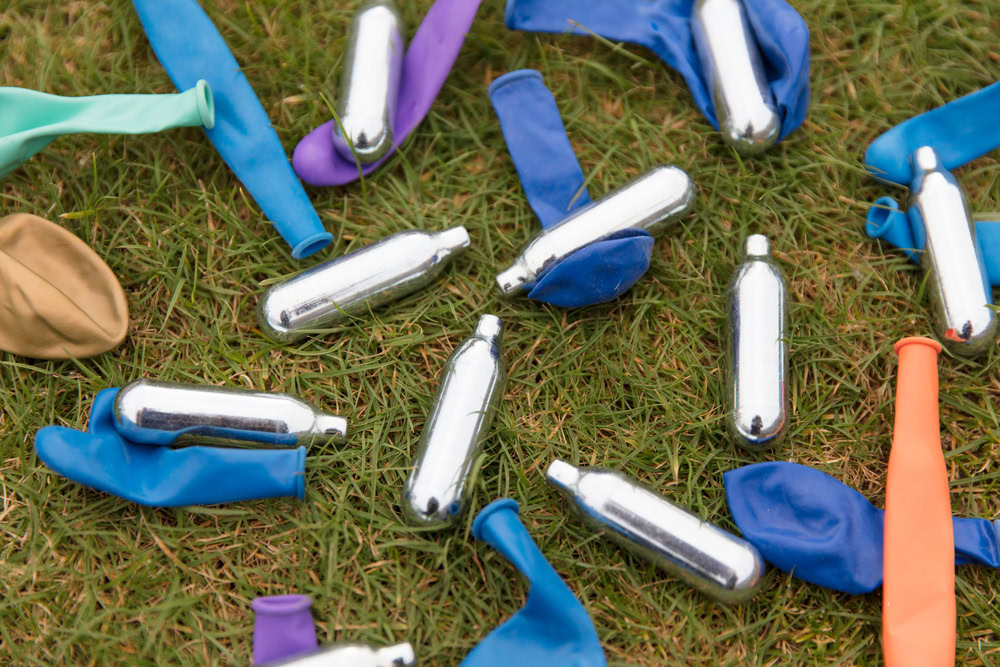
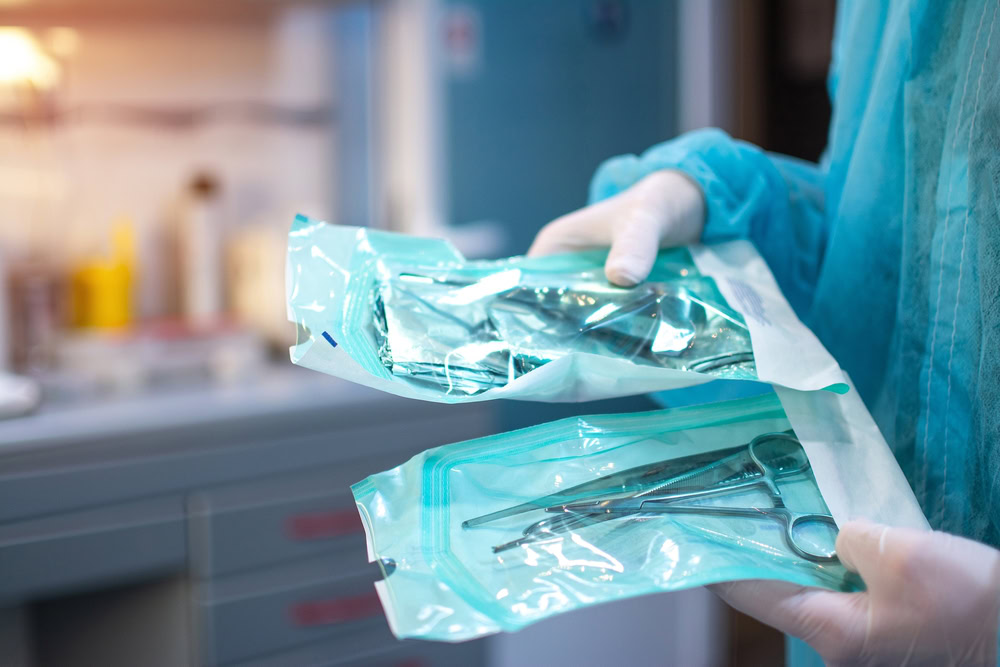
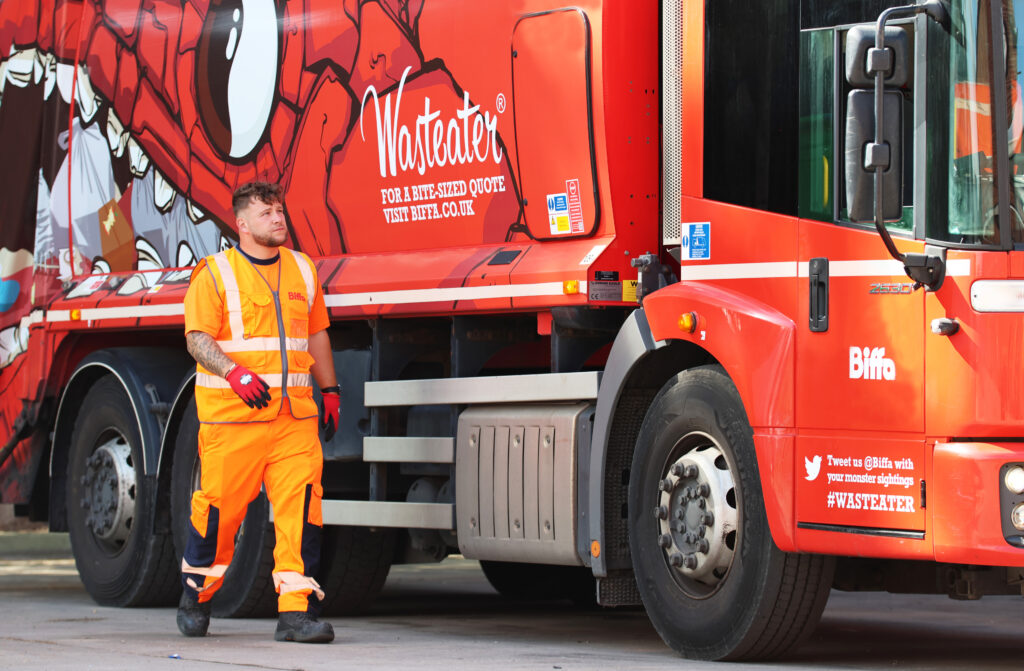
Subscribe for free